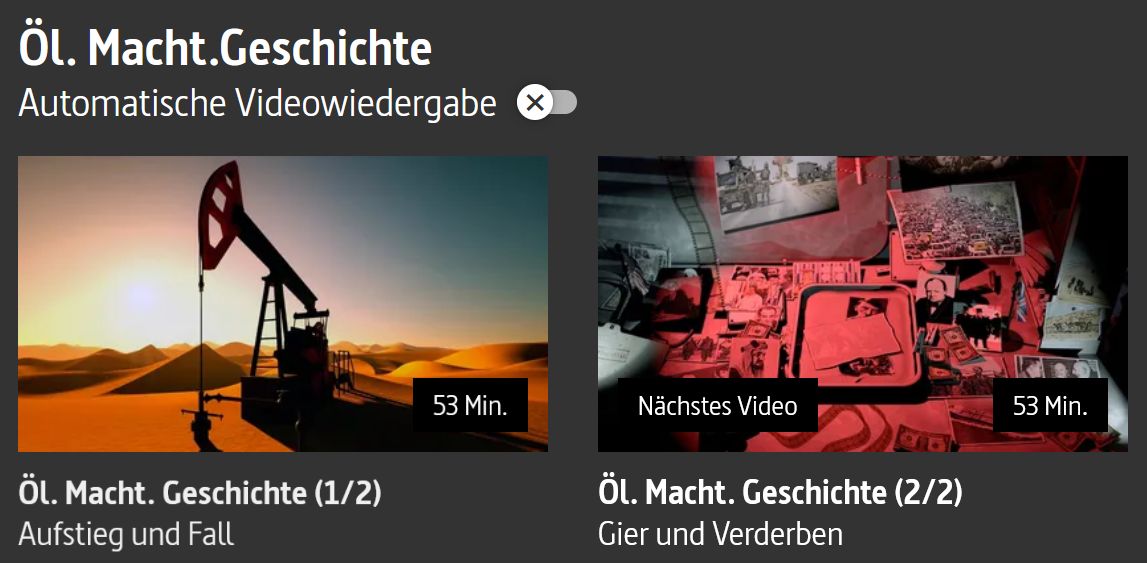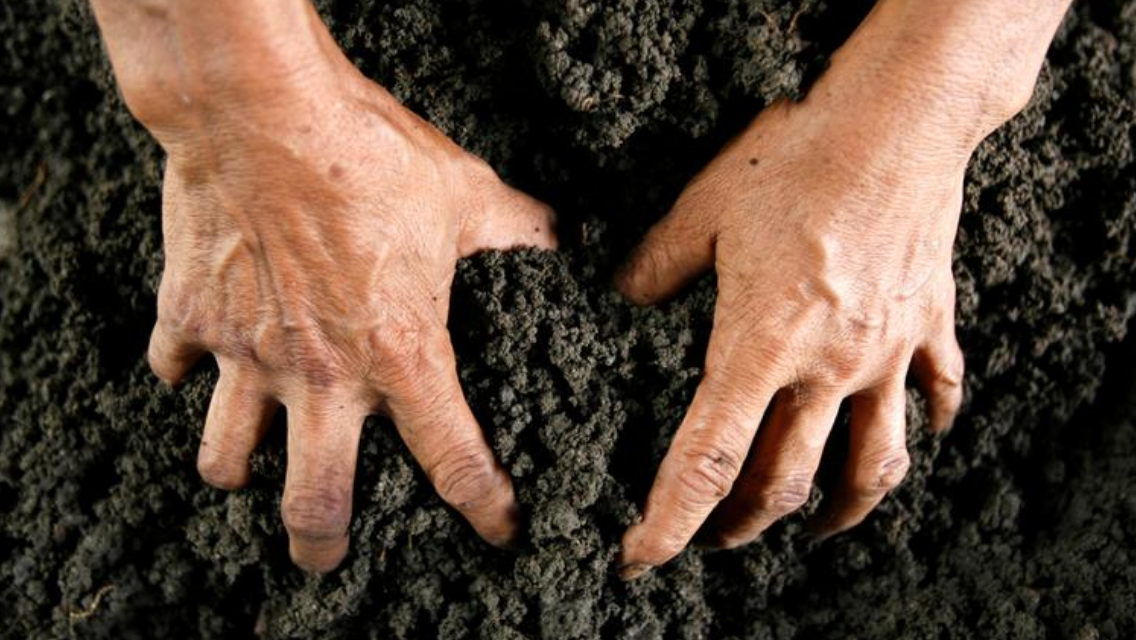CO2NTROL - Play SRF
Every week a new edition with a new subject!
Check it out!

(1/2)Rise and fall (arte.tv, 2020) - From 20/09/2021 to 20/10/2021More...
The glacier melt team was part of the team and supported also the scientists and video production team by carrying material on the glacier of Jungfrau Joch!
To the article and video (laprairie.com)

Anabel and I found an amazing article on global warming. Since it is a very long article, we decided to split the work between the two of us. I am going to talk about communication of facts and causes. Anabel will write about the effects and measures.
Global warming
Global warming is the phenomenon of increasing average air temperatures of the earth. Since the middle of the 20th century, climate scientists have gathered (zusammentragen, sammeln) detailed observations of various weather phenomena and of related influences on climate.
Facts
The global warming: Increase in the global average surface temperature resulting from enhancement of the greenhouse effect, primarily by air pollution.
Many scientists predict that such an increase of the temperature would cause polar ice caps (Eisschicht) and mountain glaciers to melt rapidly significantly raising the levels of coastal waters (Küstengewässer) and would produce extremes of drought (Dürre) and rainfall, seriously disrupting (beeinträchtigen) food production in certain regions.
Causes
A special report noting that human beings and human activities have been responsible for a worldwide average temperature increase of between 0.8 and 1.2 °C of global warming since preindustrial times, and most of the warming observed over the second half of the 20th century could be attributed to human activities.
The predicted rise in temperature was based on a range of possible scenarios that accounted for future greenhouse gas emissions and mitigation (Eindämmung, Minderung) (severty reduction) (Armutsreduzierung) measures and on uncertainties.
Effects
- Significant societal, economic and ecological damage.
- Should carbon emissions continue at their present rate, the increase in average near-surface air temperatures would reach 1.5 °C sometime between 2030 and 2052.
Measures
- By 2015 all but a few national governments had begun the process of instituting carbon reduction plans as a part of the Paris Agreement.
- A rapid transition away from fossil fuel energy.

If you are interested in reading the whole article, here goes to the Article (britannica.com).
The big bluff with CO2 compensations
Whether it's an airline, pizza delivery service or online store: many companies offer their customers CO2 compensation. "Kassensturz" takes a closer look at the environmental promises.
To the video (srf.tv)
The packaging madness: How do we stop the plastic flood?
08/19/2021 ∙ Quarks
to the video in German (ardmediathek.de)
Its production and incineration produces climate-damaging CO2, it pollutes rivers and beaches, and huge plastic whirlpools float in the sea. In the end, microplastics are created, which also end up in the human body. Quarks shows what needs to happen to stop the flood of plastic and promote recycling.
Wem gehört die Welt?
>Scobel talk (3sat.de)
Is inequality the price of growing prosperity ? Is a fairer world possible? Gert Scobel discusses global capitalism and approaches to changing our economic system with climate activist Luisa Neubauer and economic sociologist Stefan Brunnhuber.
Lebensraum Boden (Video, 3sat.de)

A few centimeters beneath our feet lies a hidden universe: the soil. We need this fragile world to survive. Yet we are in the process of destroying it permanently.
It is a thin layer that surrounds our planet, but more living creatures exist in it than there are people. The deepest part of this layer took a million years to form. The upper one, which feeds us and regulates the climate, centuries.
The soil: A diverse habitat
Healthy fertile soil is the most densely populated and diverse habitat on Earth. Only the interaction of billions of microorganisms and small organisms creates this thin layer, which is essential for survival. As part of the water and nutrient balance, it stores rainwater and nutrients, protects groundwater from pollution, reduces greenhouse gases and regulates moisture.
A Vital Resource Under Threat
We all drink too little tap water - even though in Germany and France it is considered the safest food of all. Here, as there, it is at least as good as bottled water from the supermarket. How can we make tap water more palatable (schmackhaft) to people? And: How is tap water actually produced? More...